Mozambique: Venâncio Mondlane takes seat on Council of State - AIM report
Mozambique: We will safeguard African interests at UN Security Council – president | Watch
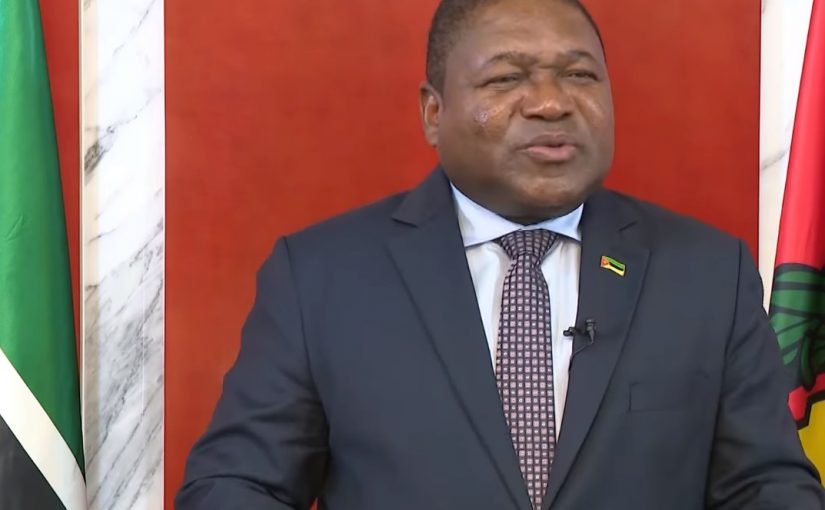
Mozambican president, Filipe Nyusi, on Tuesday pledged to safeguard African interests during his term as a non-permanent member of the United Nations Security Council (UN).
“We reaffirm our guideline focused on defending and safeguarding the interests of Mozambique, Africa, developing countries and the world in the defence of international peace and security,” Nyusi said in a message alluding to the start, today, of his two-year term.
The Mozambican president also pledged to use the country’s experience in “building peace through dialogue” to contribute to “building a more peaceful, harmonious and prosperous world.
The Mozambican head of state recalled that the country is taking up its mandate in a context of “strong international challenges” among which the “increase of threats to peace and international security” caused, among others, by “conflicts between states, terrorism and the effect of climate change”.
The inauguration ceremony is scheduled for 12:00 in New York, United States (, 19.000 in Maouto, 17:00 in Lisbon), and will be attended by the Mozambican ambassador to the United Nations, Pedro Comissário, who will raise the flag of the African country and make an inaugural speech.
Mozambique was elected a non-permanent member of the UN Security Council for the period 2023 and 2024 on 9 June.
This body, created to maintain international peace and security in accordance with the principles of the United Nations, has five permanent members – the United States, Russia, France, the United Kingdom and China – and 10 non-permanent members.
Each year, the General Assembly elects five from a total of 10 non-permanent members, who under the terms of a UN resolution are distributed as follows: five African and Asian, one from Eastern Europe, two from Latin America, two from Western Europe and other states.
Mozambique’s election came at a time when the armed insurgency in Cabo Delgado province remains the main security challenge in the country, with some attacks claimed by the extremist group Islamic State.
The insurgency, which has spanned the past five years, has led to a military response since July 2021 with support from Rwanda and the Southern African Development Community (SADC), liberating districts near gas projects, but new waves of attacks have emerged south of the region and in neighbouring Nampula province.
The conflict has left one million people displaced, according to the United Nations High Commissioner for Refugees (UNHCR), and about 4,000 dead, according to the ACLED conflict registration project.


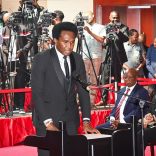
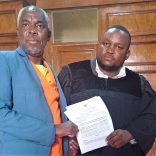


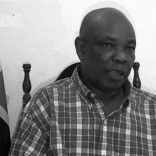
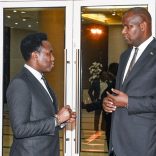




Leave a Reply
Be the First to Comment!
You must be logged in to post a comment.
You must be logged in to post a comment.